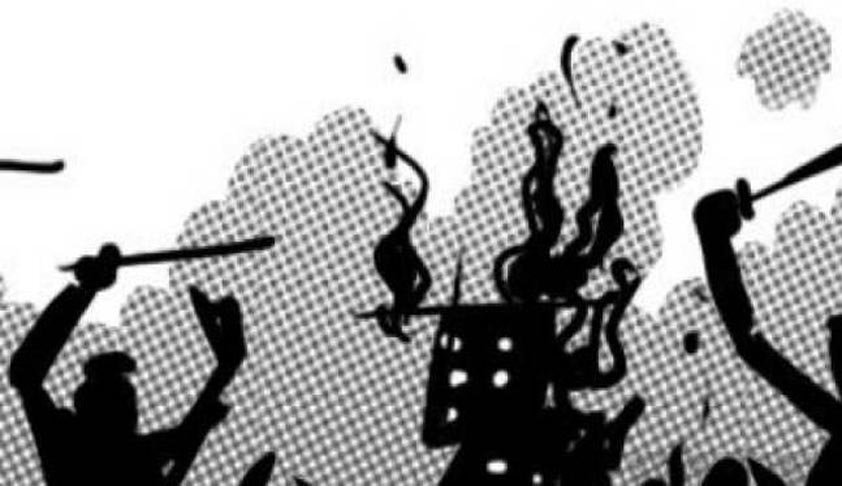Supreme Court didn’t expand the boundaries of Self Defence; Just applied the 157 Year Old Law
M.A.Rashid
18 Jun 2016 5:55 PM IST

Next Story
18 Jun 2016 5:55 PM IST
A report in Yesterday’s Times of India titled ‘SC expands scope of right to self-defence’ reads as follows:“In a significant judgment that expands the boundaries of the right to self-defence, the Supreme Court has ruled that a person would be right in taking the law into his hands if he witnessed his parents or relatives being assaulted”.The report was based on a Supreme Court...
